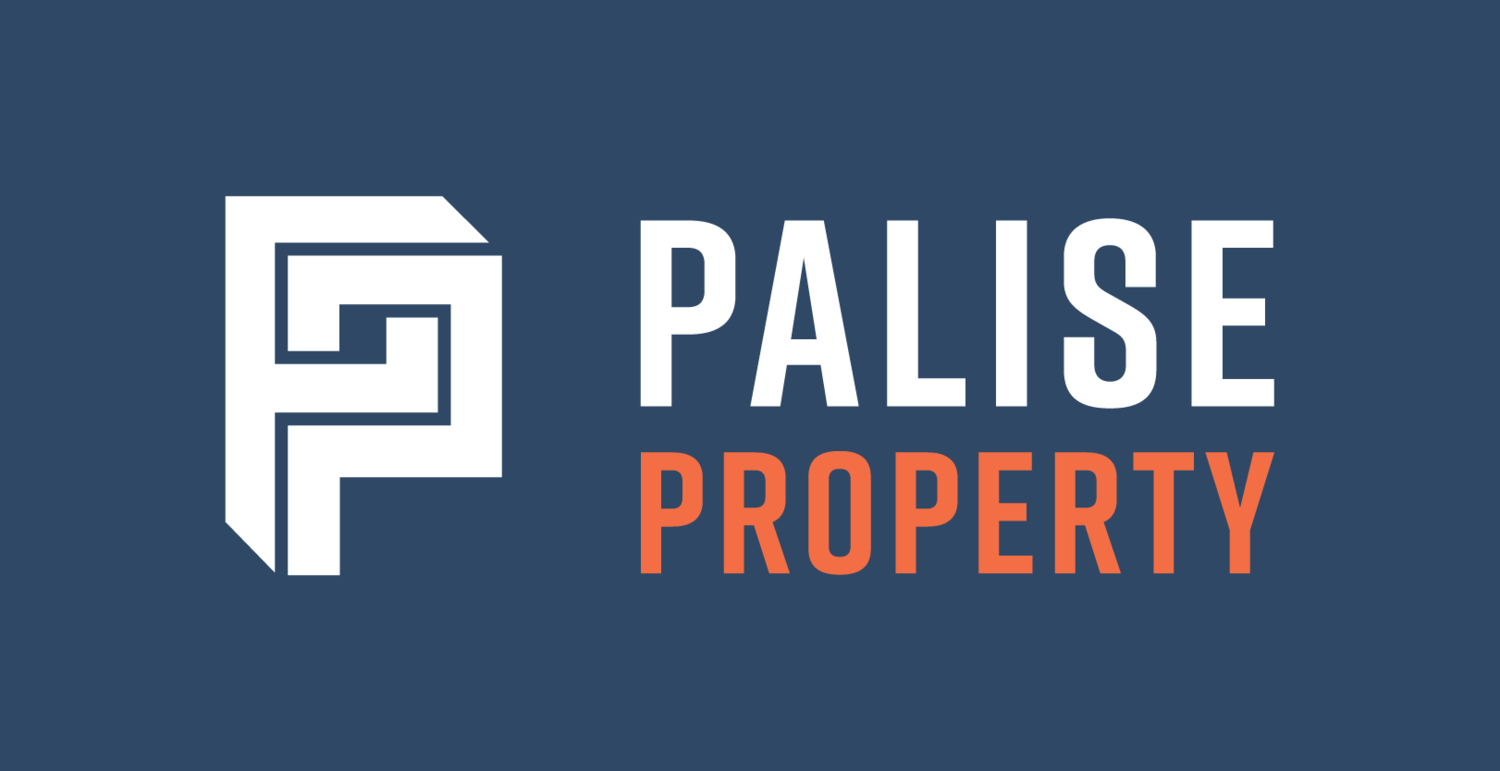The Truth About Cash Flow in Residential
Cash flow refers to the money either coming in or going out of an investment property over a specific period, such as a week or a year.
When calculating cash flow, you consider the income generated from the property, such as rental income or other forms of income, and any tax benefits that may apply.
You then subtract any expenses associated with the property, such as mortgage payments, property taxes, insurance, and maintenance costs.
The resulting figure is your cash flow, which can be either positive or negative.
A positive cash flow means that the income generated from the property is greater than the expenses, while a negative cash flow means that the expenses are greater than the income.
Cash flow is an important metric for property investors because it clearly shows how much money you will need to put into or receive from a property each week or month. This can help you budget and plan for the future, especially if you want to generate a passive income stream from your investment properties.
Things to consider when calculating your cash flow include:
Interest rates on loan: When taking out a loan for an investment property, consider the interest rates and how they will impact your cash flow. Higher interest rates may result in higher monthly mortgage payments and potentially lower cash flow.
Rent return achieved: The rental income you receive from tenants will also directly impact your cash flow, so calculate the expected rent return based on market rates and the property's location and condition.
Depreciation: Over time, your property will lose value due to wear and tear. Depreciation is a tax deduction that allows you to offset some of the costs of owning and maintaining the property. Make sure to include this in your cash flow calculations.
Known outgoings: Several expenses come with owning an investment property, such as property taxes, insurance, and utility bills. Remember to account for all these expenses when calculating your cash flow.
Tax: Depending on your country's tax laws, you may be eligible for deductions related to your investment property. For example, you can claim tax deductions on interest payments, depreciation, and other expenses related to the property.
Cash flow for a property can be challenging to predict accurately before purchasing. Once you've purchased, you must consider pre-tax and post-tax cash flows.
Depreciation and tax benefits can positively impact the result, but you have to budget for unexpected expenses such as emergency maintenance and vacancies.
Based on the list we discussed earlier, you can make some quick calculations to get a reasonably accurate idea of your potential cash flow.
If the cash flow is the income the property produces after all expenses, then the following applies:
Cash flow = (net income + tax/depreciation benefits) – (mortgage repayments + all expenses to the owner)
Making Your Cash Flow Work for You
Investors looking to invest in real estate have different strategies they can choose from, depending on their risk tolerance, objectives, and the potential returns of the property.
Two main strategies are the cash flow and capital growth property strategies.
A cash-flowing property generates more income than expenses, meaning the rental income from the property is greater than the costs of owning and maintaining it. This is often an attractive option if you’re looking for a steady income stream from your investments.
Acquiring investment properties that deliver a strong return can help you reach your desired level of passive income, allowing you to choose to stop working and live off the income from your properties.
Living off cash flow income is much more reliable and sustainable than relying on capital growth.
Selling down properties to live off the capital growth may also have some associated costs and risks that you need to consider.
Positive cash flow can help you build your property portfolio, as having a steady income stream can increase borrowing capacity and serviceability.
But it's worth noting that sufficient income is also necessary to ensure you can keep up with your loan repayments and maintain your portfolios.
Key Takeaways
Cash flow really is an achievable goal when investing in residential property. For the average investor, success depends on making the right investment decisions.
With some legitimate education, research, and sound mentorship, you can start building a healthy portfolio of profitable properties.
If you're interested in investing in residential property and would like to unpack more about what it entails, I’ve written this easy-to-read guide that provides a thorough overview of the process of investing in residential property.
"Residential Property Investing Explained Simply" covers a wide range of topics, from understanding the factors that can impact the value of a property to the ins and outs of property investment.
Whether you're just starting to explore the world of property investment or are looking to deepen your understanding of the subject, this book is a valuable resource that can help you make informed decisions and maximise the value of your investments.
Alternatively, if you want to know how I’ve helped investors acquire a range of residential properties, feel free to reach out today.
